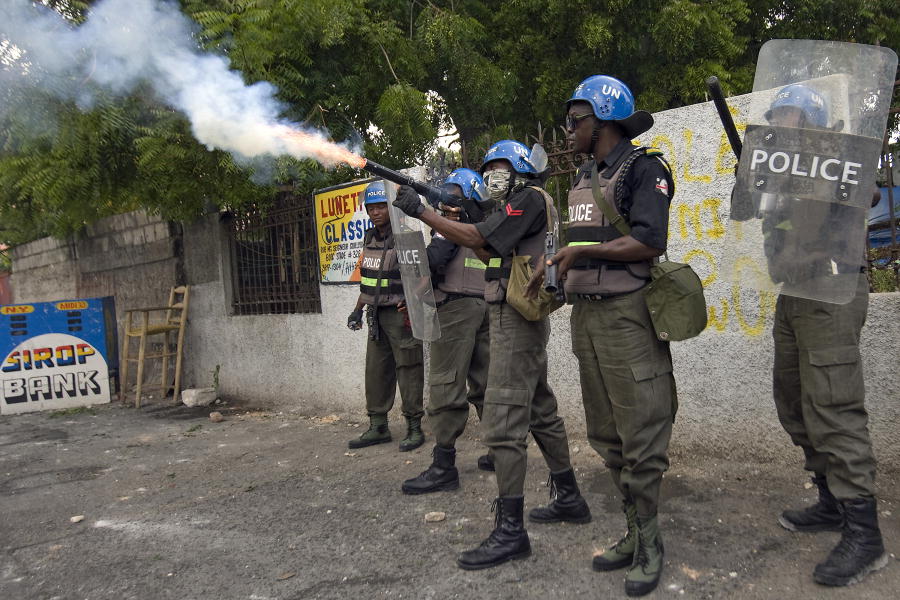August 5, 2023
There’s a reason the White House hasn’t called the coup in Niger a coup

Our eyes don’t lie: The military in Niger, or at least a faction within it, has ousted President Mohamed Bazoum, confined him in his home, suspended Niger’s Constitution and is in the early stages of gutting the country’s infant democracy. Bazoum was the first elected head of state since the West African country declared independence from France in 1960. Yet the Biden administration remains allergic to calling the coup a coup.
Bazoum hasn’t minced words. Writing for The Washington Post this week, he called himself a “hostage” and warned that a group of mutinous soldiers intended to reverse the political and socioeconomic progress the country has made since his election in 2021. “If it succeeds,” he wrote, “it will have devastating consequences for our country, our region and the entire world.”
To point out that the U.S. hasn’t called what’s happening in Niger a coup d’etat isn’t to say that the Biden administration has sat on its hands. On Aug. 2, the U.S. State Department advised U.S. citizens in Niger to leave the country and ordered the partial evacuation of the U.S. embassy in Niamey, Niger’s capital. The Pentagon has suspended security cooperation with Niger’s military, at least for the time being. Secretary of State Antony Blinken has condemned Bazoum’s arrest and stated that Washington’s relationship with Niger will depend on his reinstatement. On Aug. 3, which is Niger’s independence day, President Joe Biden released a statement calling for Bazoum’s immediate release.
Author

Daniel
DePetris
Fellow
More on Africa

Featuring Daniel DePetris
November 6, 2024

By Mike Sweeney
October 18, 2024

Featuring William Walldorf
May 1, 2024
Events on Africa



